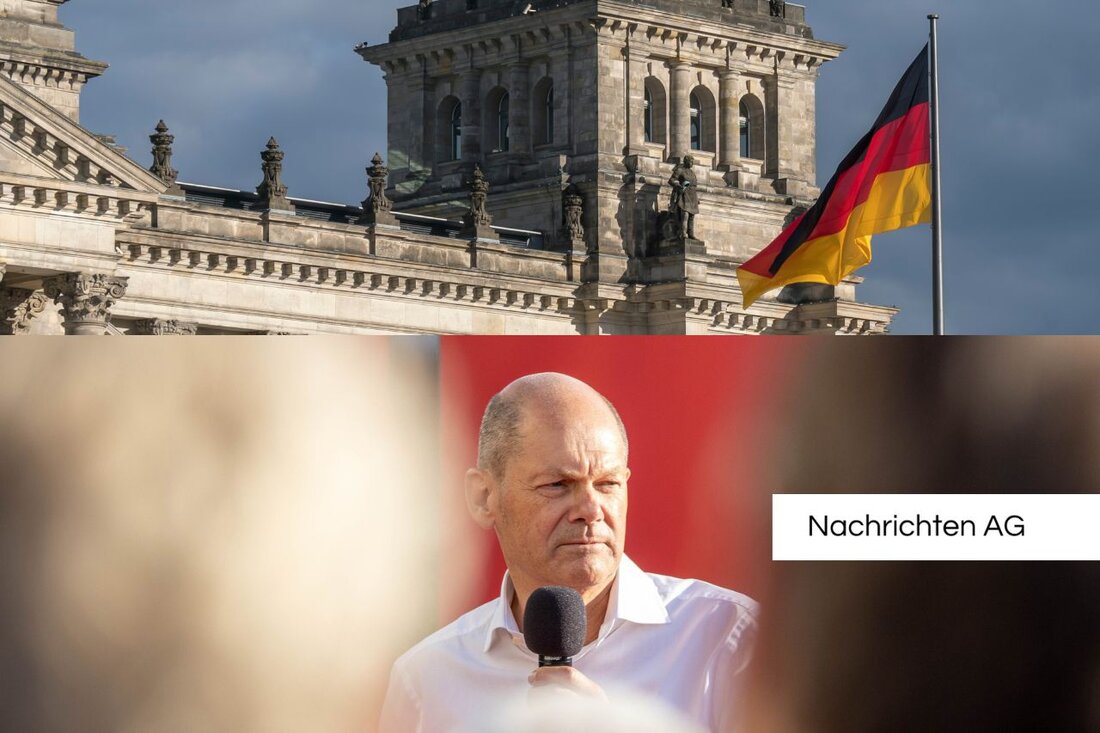Election countdown: coalitions and crises – what awaits us in 2025?
Panel discussion on the 2025 federal election at the RPTU: Experts analyze election results and political options on February 26th.

Election countdown: coalitions and crises – what awaits us in 2025?
On March 9, 2025, the federal election campaign will prove to be particularly dynamic. The decisive election took place on February 23, 2025, after the political landscape had been in flux since the coalition collapse in November 2024. This led to a series of voter decisions that not only influenced opinion polls in recent months, but also shaped central topics of political discussion in Germany.
On February 26th, a panel discussion was organized in the Altes Kaufhaus Landau by the Frank Loeb Institute of the RPTU. The event represented an important opportunity to analyze the election results and find answers to key questions. This included voter decisions and their influencing factors as well as possible government options following the election.
Challenges of the new government
The panel discussion covered numerous critical topics. In particular, the economic transformation process, the shortage of skilled workers and geopolitical tensions, including the Ukraine war and the Middle East conflict, were intensively discussed. Furthermore, the possibility of a minority government was a key issue, particularly given the challenges that the new government would have to overcome.
Participants in the discussion were renowned experts: Marcus Höreth, Professor of Domestic Policy and Comparative Government at the RPTU Kaiserslautern, and Manuela Glaab, Professor of Political Science at the RPTU Landau and scientific director of the Frank Loeb Institute. Your expertise should help develop clear perspectives on the current political situation.
Opinion polls and possible government coalitions
In the run-up to the federal election, several surveys provided interesting insights into citizens' political preferences. A Forsa survey from October 1, 2024 showed that 47% of respondents would not vote for a candidate for Chancellor. Friedrich Merz received 27%, while Olaf Scholz received 26% of the vote. This mood was also reflected in a survey at the end of August 2024, where 50% answered “none/don't know” and both Scholz and Merz were each at 25%.
Additionally, in a poll by INSA, in which Markus Söder was considered the CDU/CSU's candidate for chancellor, it was found that he was able to attract 37% of the vote, while 30% said they would not vote for a candidate. Opinion research shows how volatile the voter mood was and the uncertainties surrounding the parties.
In the context of Rhineland-Palatinate, the current government coalition made up of the SPD, FDP and Alliance 90/The Greens is no longer seen as viable because it no longer has a majority. Future coalition possibilities could be influenced by the theoretical change in the distribution of seats in the state parliament, especially if parties want to exceed the five percent hurdle.
Admission to the panel discussion in Landau was free, but registration by email to fli[at]rptu.de was recommended. This illustrates the commitment of the Frank Loeb Institute, which is dedicated to the scientific analysis of socio-political developments and the promotion of political education.
Overall, it is clear that the political landscape before and after the 2025 federal election is characterized by diverse opinions, uncertainties and significant challenges that will have a lasting impact on the debates in the coming months.

 Suche
Suche
 Mein Konto
Mein Konto